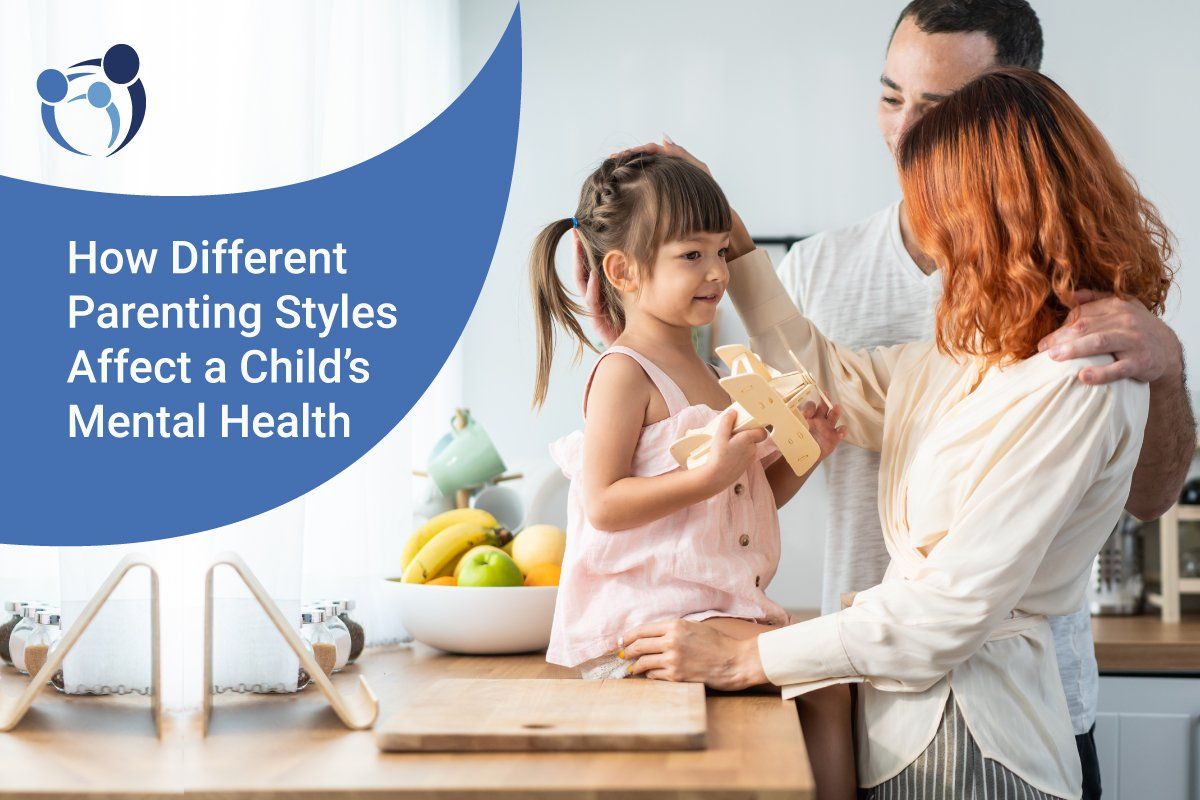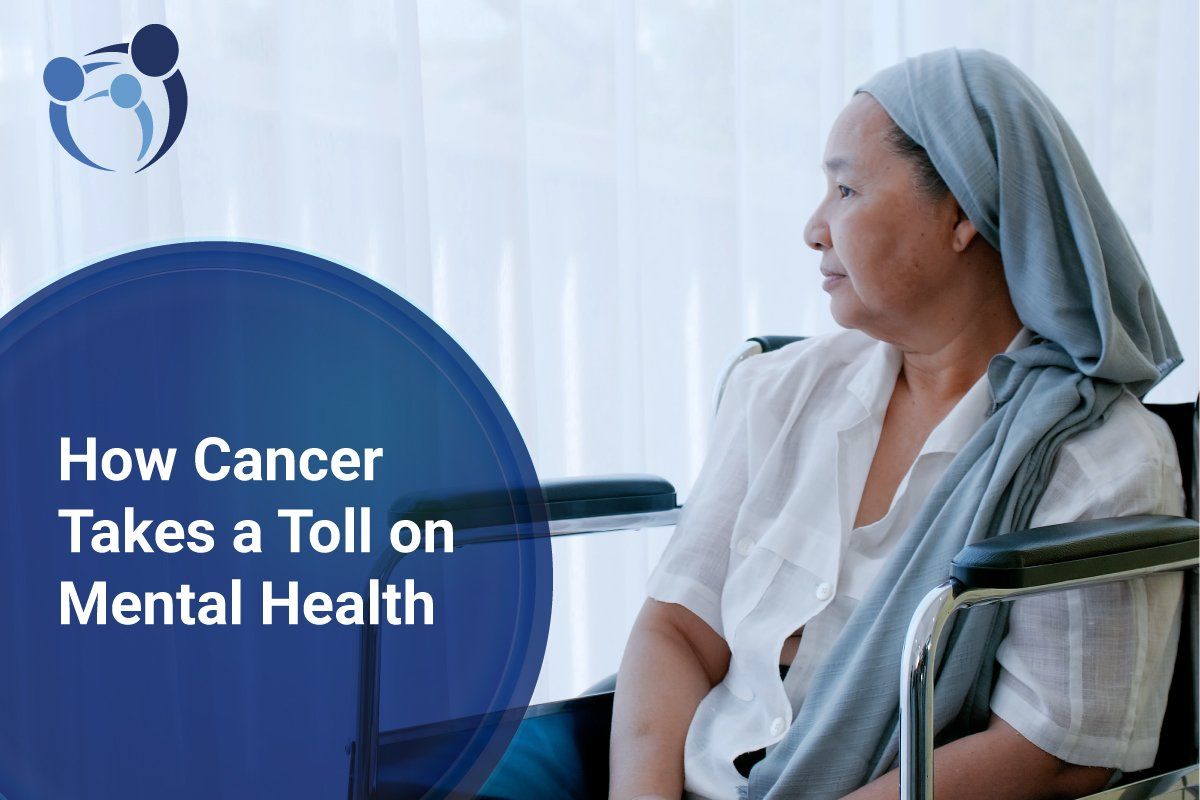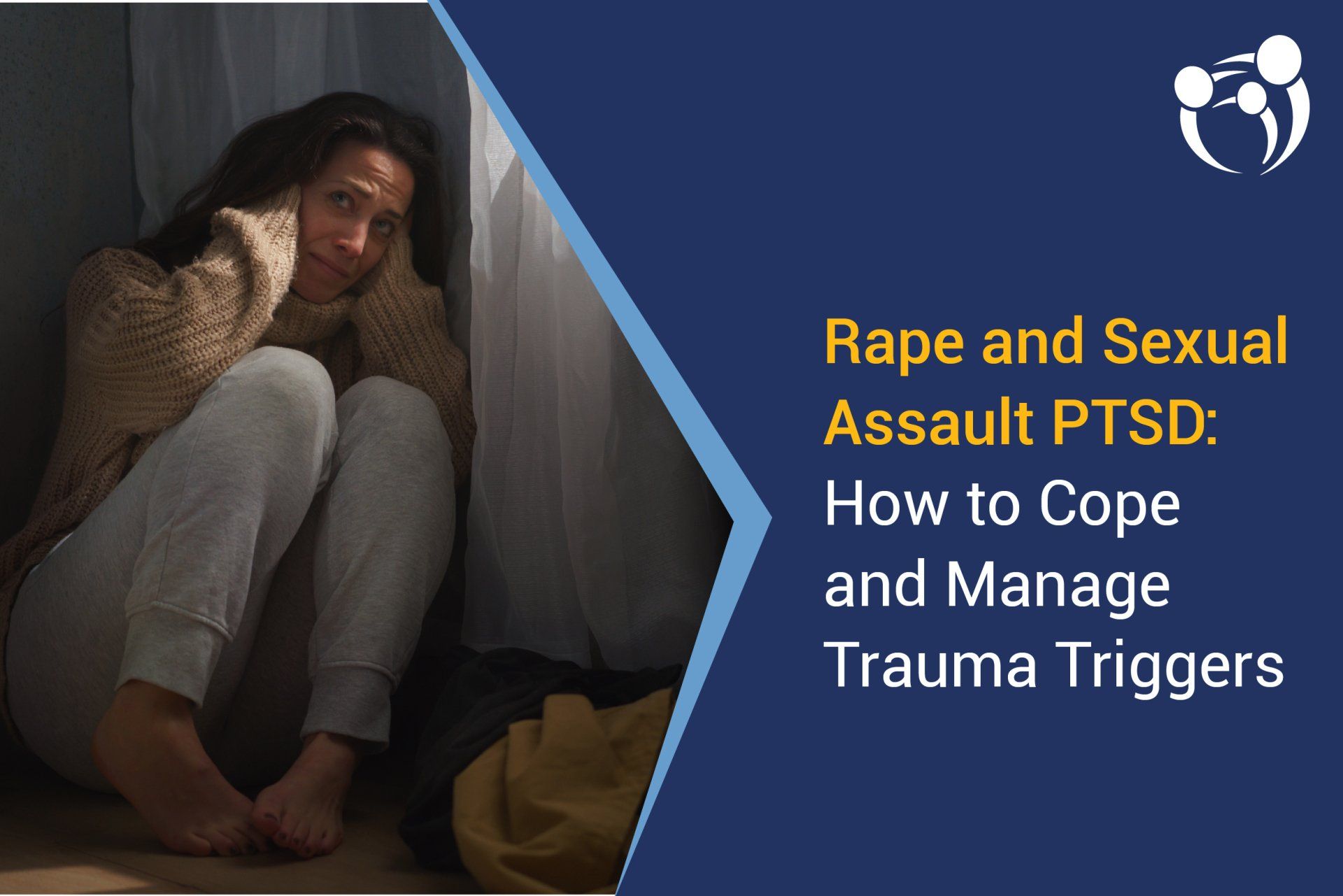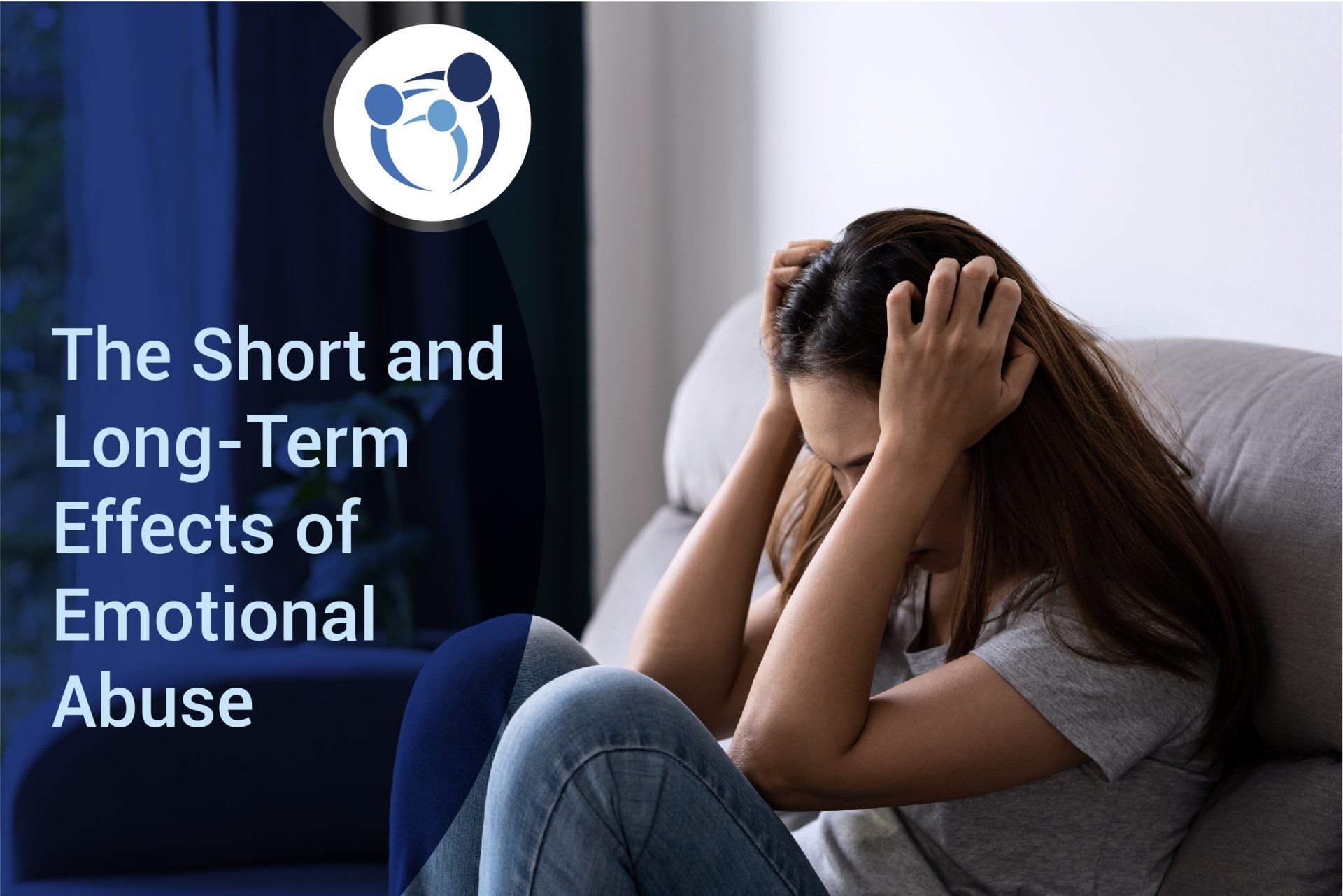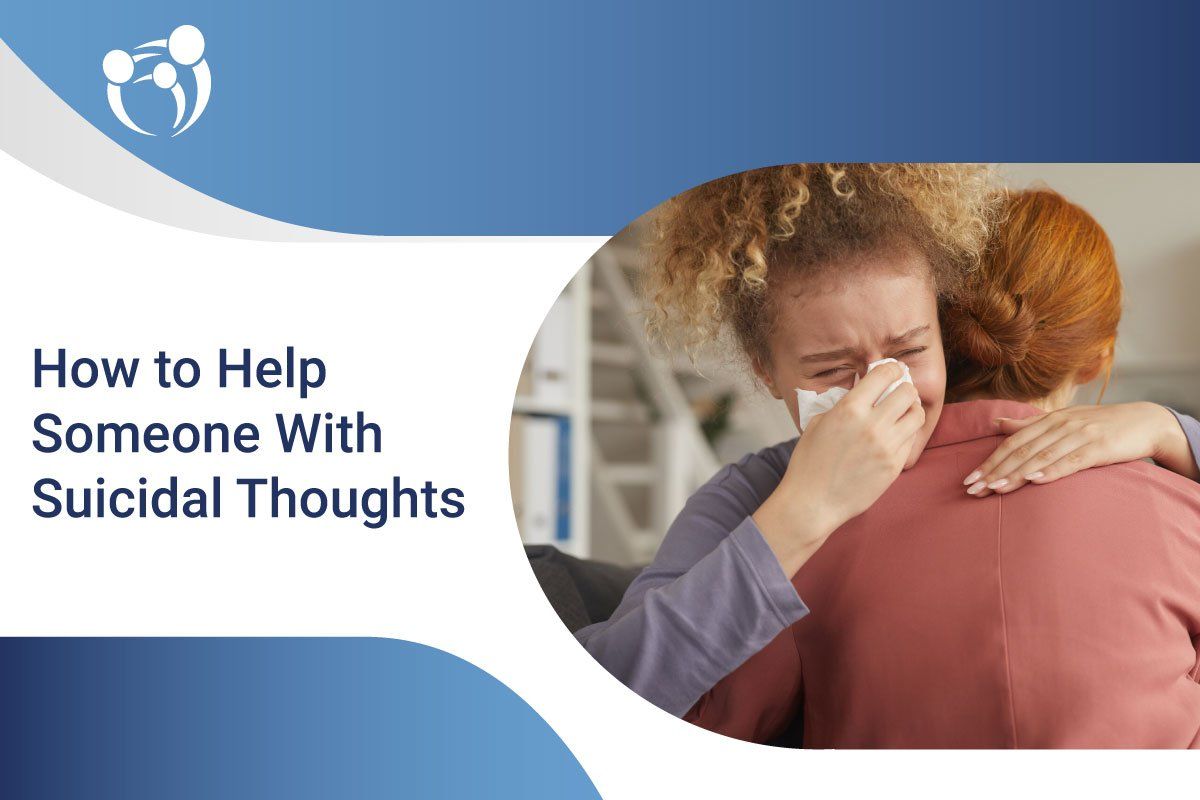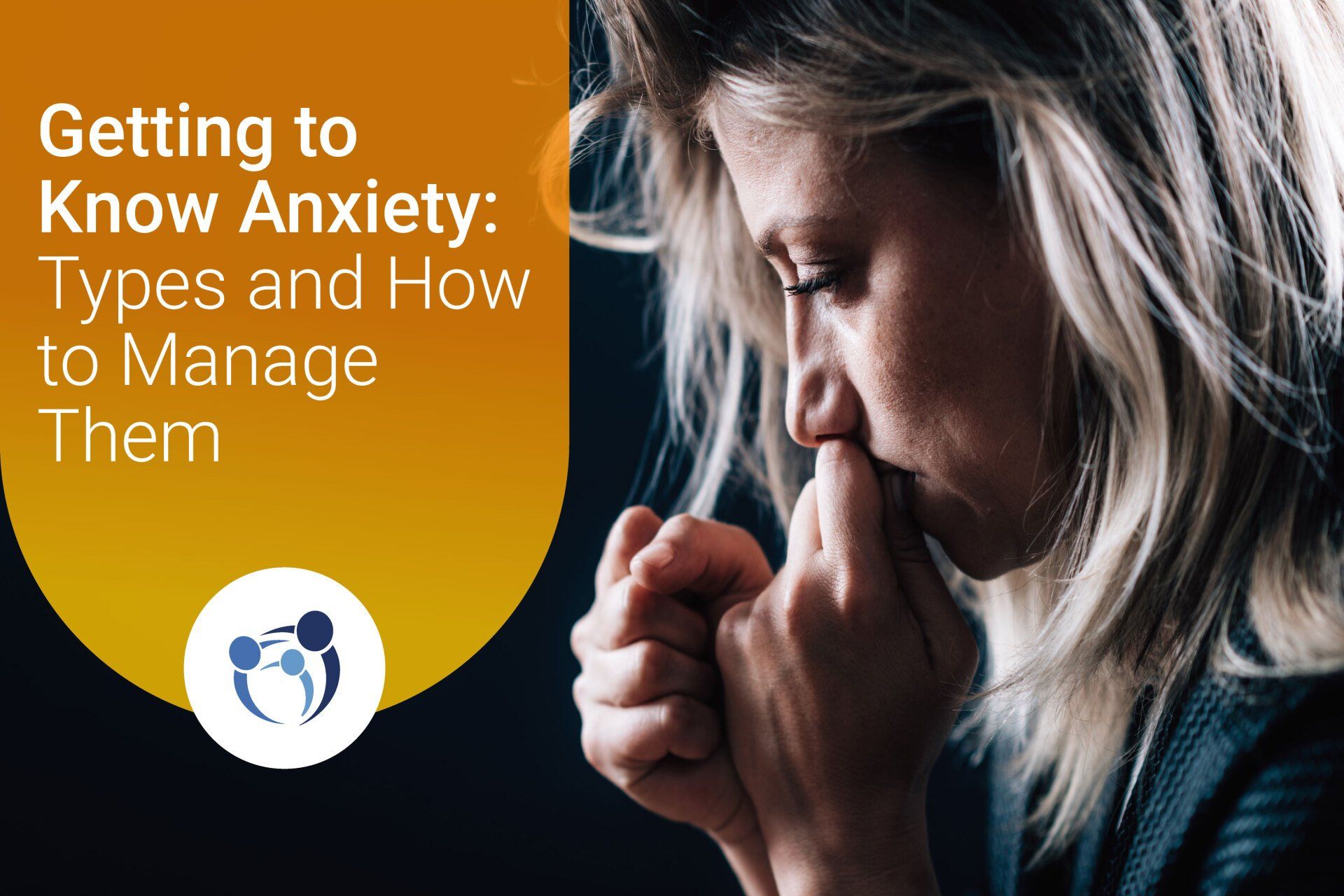What is Depression?
At times, everyone feels under the weather emotionally, but how can you differentiate that from depression, which could lead to suicide?
Financial problems, breakups, or the loss of a relative are just some of the reasons we can feel down and sad for days, but depression extends beyond a few days.
Depression is characterized as more prolonged feelings of hopelessness, and the person may exhibit various symptoms. Distinguishing between ordinary unhappiness and depression is very important because, in severe cases, depression is life-threatening as some depressed people contemplate suicide.
Who Gets Depression?
Statistics show that one out of six adults will experience depression. In the United States, around 16 million American adults are affected by depression every year. Most people who have depression may also suffer other mental health illnesses like anxiety.
People who also have depression are likely to have anxiety disorders. Those with anxiety disorders may also have uncontrollable feelings of fear, worry, and even panic. Sometimes these uncontrollable feelings may affect the everyday life of a person.
Suicide and Depression
Suicide is not a mental illness. Instead, it is a severe consequence of treatable various mental disorders, including bipolar disorder, depression, post-traumatic disorder, bipolar disorder, schizophrenia, anxiety, and other eating disorders.
Does Depression Increase the Risk of Suicide?
The majority of those who have depression do not commit suicide. However, major depression can increase the likelihood of committing suicide compared to those who don’t have the disorder.
Suicide Warning Signs
Suicide is a severe matter. We should be vigilant if we see these suicidal signs.
- Hopelessness. One of the suicide symptoms is the deep feeling that there is no hope for the future and their circumstances will not improve anymore.
- Severe sadness. Melancholic feelings or despair last longer than usual.
- Sleeping problems. Others may oversleep or may find it hard to sleep.
- Unexpected calmness. The person becomes calm after depression or moodiness. Being calm after a depression can signify that a person has suicidal thoughts.
- Withdrawal. The person loses interest in people and activities that they once enjoyed.
- Changes in personality and appearance. A person who has suicidal thoughts may exhibit a change in attitude or may lose interest in their appearance.
- Self-harmful behavior. Those considering suicide may exhibit reckless behavior like speed driving, prohibited drugs, or increased alcohol intake. Risky behavior signifies that the person no longer values their life.
- Recent trauma. A major life crisis like grief, loss of a relationship, chronic pain, major illness, or job loss may trigger suicidal thoughts.
- Preparations. Anyone who seriously considers suicide will start to prepare by visiting old friends and family members and may make a will for their possessions.
- Talking of suicide. Some people who plan to commit suicide will give a family member or a friend a warning sign of their plans. Words like “I should not be here” or “when I am gone” are just some words that people who imply suicide say. Do not ignore these messages, as every threat of suicide should be given attention.
Most Likely to Have Suicide
Teenagers, young adults, and older people have higher rates of suicide. Suicide rates are also higher in these groups:
- People with family members who have a history of suicide.
- Anyone who has attempted suicide in the past.
- Loss of a spouse, whether by divorce or death.
- Individuals who are unemployed or not married for an extended period.
- People who have long-term chronic pains or terminal illnesses.
- Anyone with substance abuse.
- Those who have a history of violence or reckless behavior.
- People were working in certain professions like health care and police officers.
- Those recently released from psychiatric centers.
Women are most likely to attempt suicide. However, men are most likely to do the act.
Things You Can Do On Your Own
Here are some things that you can do on your own or for your loved one:
- Be more physically active and exercise regularly.
- Spend quality time with your trusted friends and family.
- Avoid isolating yourself. Allow others to help you.
- Try to postpone making important decisions like getting divorced or getting married.
- Research and study more about depression so you can understand your situation better.
- If you are taking medications, expect that your symptoms will improve gradually.
How To Get Help
Depressed people may contemplate hurting themselves or taking their own lives. They do not want to end their lives, but they want to end the pain they are going through.
If you are depressed and contemplating suicide or you know who exhibits symptoms of suicidal tendencies. Please seek immediate help.
The following are available to help.
- You can reach the National Suicide Prevention Lifeline at 1−800−273−TALK or chat. Their crisis center is open 24 hours, or you may also call 911.
- Call your mental health provider immediately.
- Consult your primary care physician.
- Consider asking a friend, relative or family member for help.
- Get in touch with your spiritual leader, minister, or a trusted person in your faith community.
We Can Help You Get Back To Your Feet
A Center for Mental Wellness offers the most effective treatment for depression. Our medical team and trained counselors use effective medication management plans and therapy to treat depression and prevent suicidal tendencies. Call us today to book an appointment.
(302) 674-1397
help@acfmw.com
All Wellness Centers
Serving Greater Dover and Newark
All Wellness Centers
Serving Greater Newark & Dover
ACFMW | All Rights Reserved.



